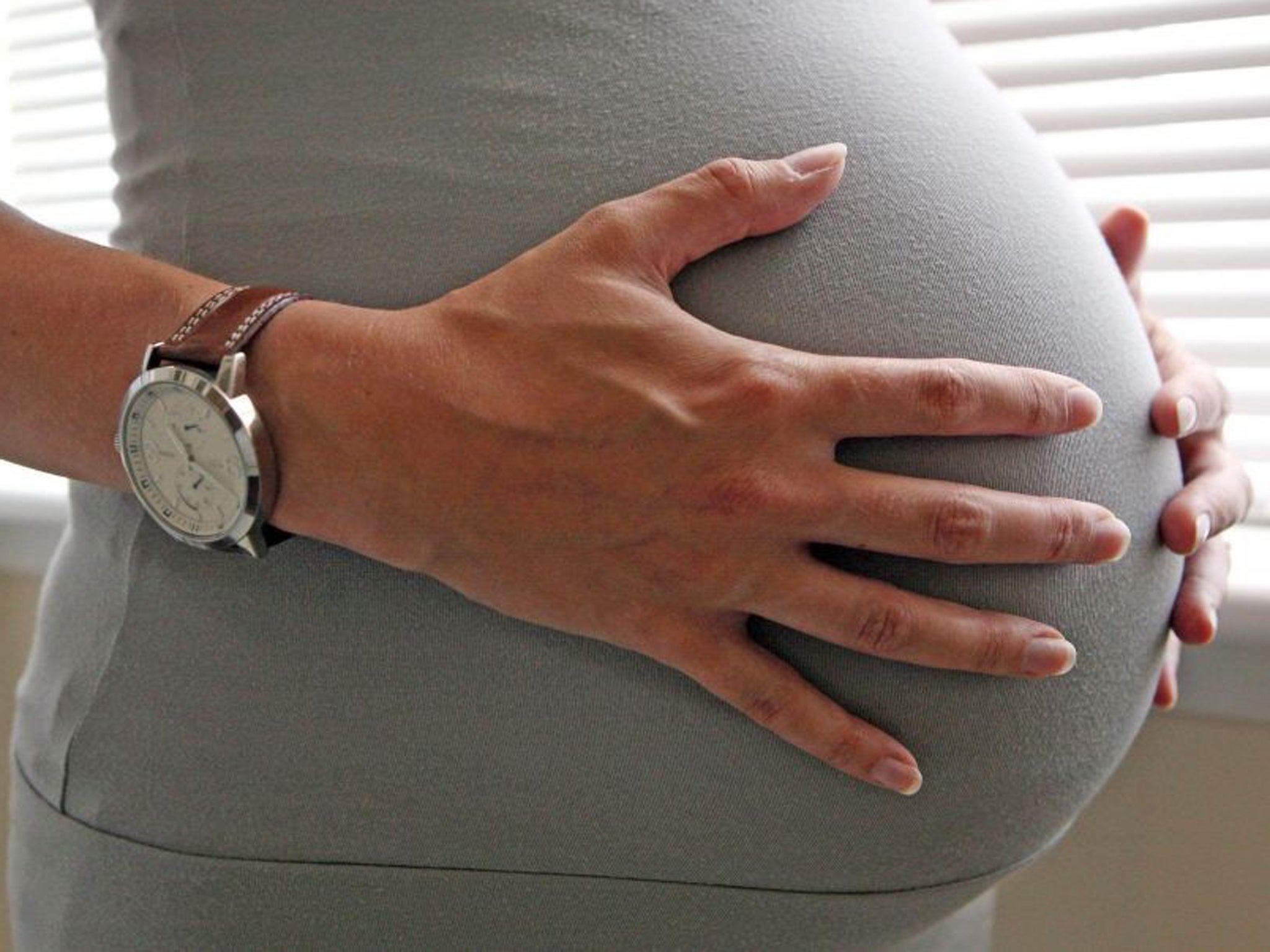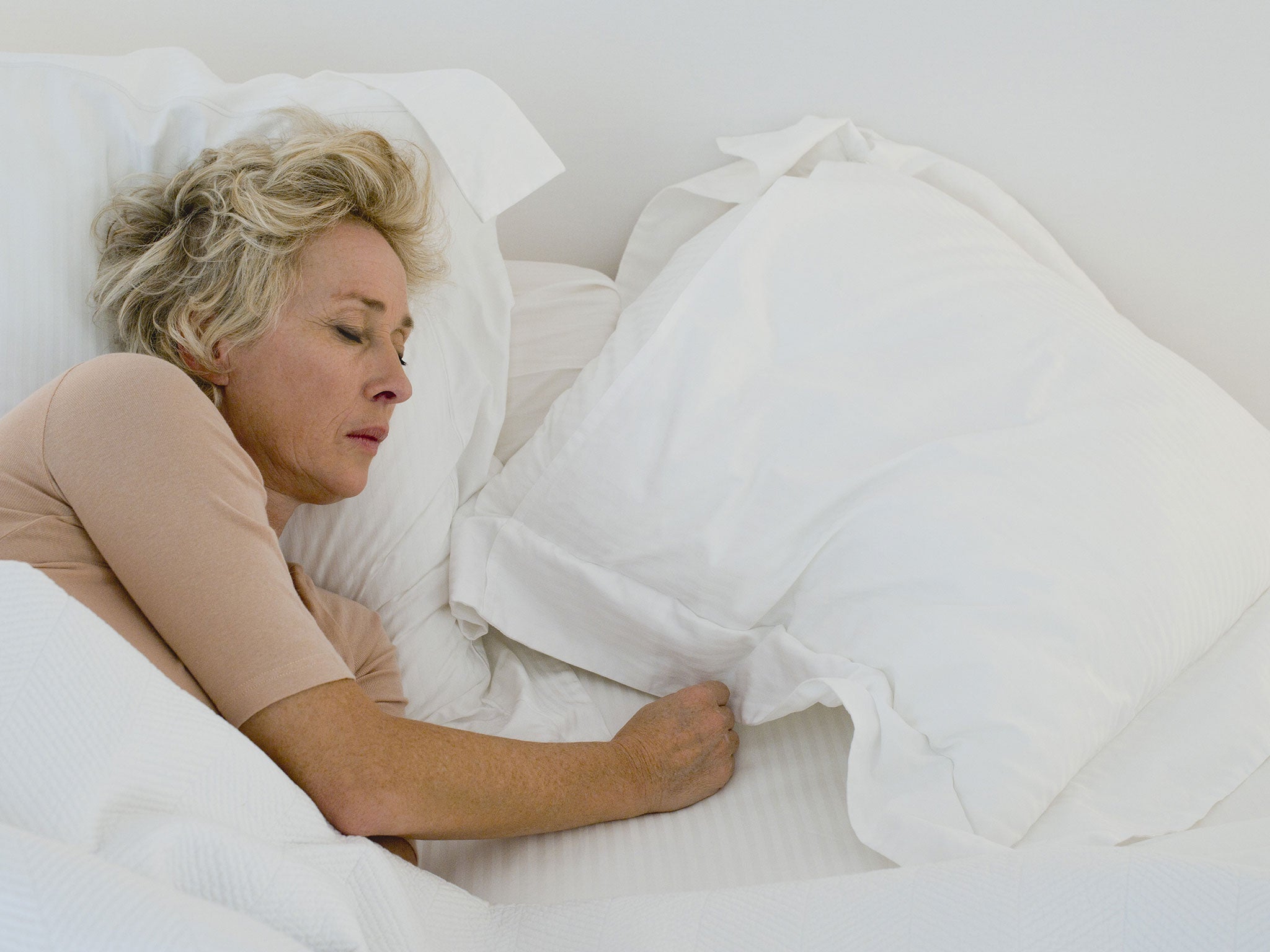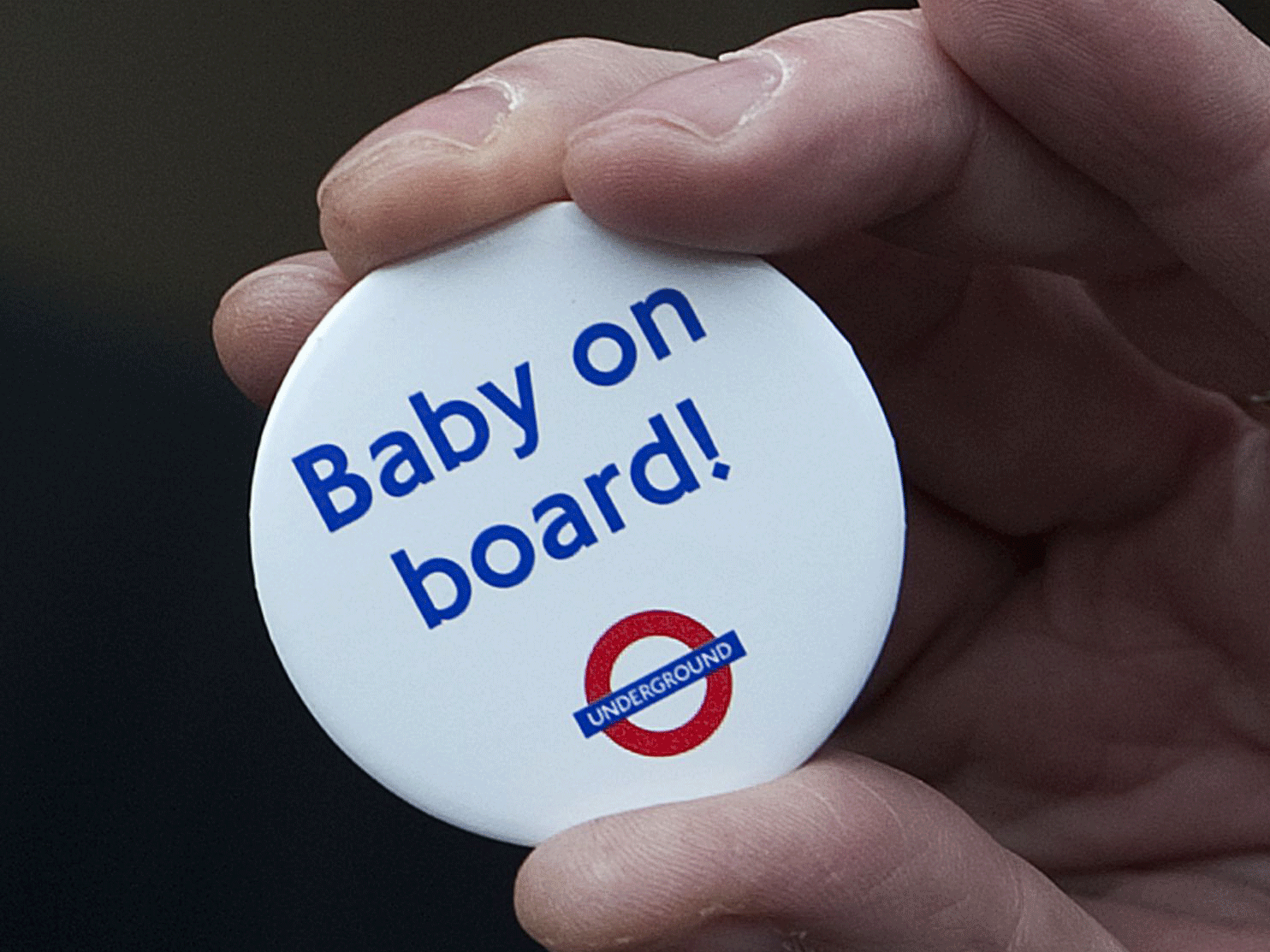The Independent's journalism is supported by our readers. When you purchase through links on our site, we may earn commission.
The postnatal depression lottery: four women's experiences
Depending on where you are, the support for PND sufferers is either "completely supportive" or virtually nonexistent

Kate Jones (pseudonym)
Postnatal depression crept up on me, and I didn’t think I had it for a long time because I was back at work and supposedly getting on with things. My son’s birth was traumatic – I became very ill very quickly with pre-eclampsia and had to have an emergency C-section to save us both. From then on, I was terrified about things going wrong and losing my son. I focussed on trying to keep him safe, though I was plagued by fears that I was a bad mother.
I found it hard to make friends with other parents of small babies. I thought the people I had met through my NCT group didn’t like me, and I didn’t click with anyone at classes run by my children’s centre.
I went back to work when our son was 4 months old. My husband was made redundant while I was pregnant, so we decided that he would stay at home to look after our son while I went back to work. He found it hard to find his feet in all the mums’ groups, whilst I felt isolated at work as the only person in my team with a baby. Whether it was true or not in reality, I felt that I didn’t have anyone to talk to about my fears about being a mum, and I also felt judged for bottle-feeding and for going back to work so early.
I also began to struggle with my job. I was exhausted from the demands of having a small baby (and constantly worrying), and this got worse as I hit the busiest time of the year at work whilst buying a house at the same time. I loved my son but found it very difficult to enjoy life, as I felt so low, lonely and like a bad mother.
Things came to a head when my son was about 10 months old. I was at breaking point: I kept thinking about how the best thing for everyone was for me to run away. Fortunately, I broke down crying in front of my husband rather than running away. My husband was relieved that I wasn't bottling things up, if also deeply worried about me. I arranged an emergency appointment with my GP. I sat in front of my GP and cried my eyes out. My GP was amazing: he was so understanding. He prescribed me with 20mg of citalopram and referred me to the local mental health services. I had been afraid about asking for help at work because I felt that people would say that it had been my choice to have a baby and that I should get on with it.
However, when I told my line manager that I needed to take some time off, their response was also great. My line manager also took me seriously and was supportive in terms of getting me in touch with occupational health, who sorted out my workload, put me in touch with a workplace stress support service and also referred me to an excellent counsellor.
I have finished my counselling sessions and have been taking citalopram for nearly 18 months. There’s still some work to do, but I would say that I have largely recovered now. I have learned to trust my abilities as a mother, and I have made new mum friends as well as rekindling the ones I thought I’d not made in the first place. Yet my depression is still something of a secret beyond my immediate friends and colleagues. It is not something I feel that I can drop into everyday conversation: however I work it in, people seem shocked.
Pre-eclampsia and PND are both dangerous conditions for mothers. People sympathise with the pre-eclampsia, but the PND seems to be much harder for people to relate to. I share a lot of photos of my little family smiling and having fun on social media, and I think this is hard to square with the idea that you might be struggling on the inside.

Rosey Wren
I experienced antenatal and postnatal depression with each of my three children. With my first child in 2008 I felt like I was the only woman suffering and worried what would happen if I told a health care professional how I felt.
I suffered in silence for a long time and when I finally sought help when my daughter was 8 months old, I was given antidepressants and wasn’t followed up again by anyone. I felt completely unsupported by health care professionals, despite my ever increasing mental illness.
I’ve been through antenatal and postnatal depression twice since and never really found anything that helped me in my recovery until I decided writing when I started my blog. I found writing really cathartic as it would help me process my thoughts and feelings and to understand them better. I also found talking to others since I set up [Twitter chat that’s part of a wider PND support network called PND and Me] #PNDHour. That has helped my recovery as so many women and men have opened up about their experiences. It helped me to realise that I wasn’t alone and that there is always hope for recovery. Writing and sharing my story have been paramount in my recovery from postnatal mental illness.

Pippa Smith (pseudonym)
I did access treatment - it was pretty much a case of "do or die" for me as I was so suicidal by the time I saw my GP.
Anti-depressants, assigned Community Psychiatric Nurse who visited twice a week, then a psychiatrist (who visited me at home as I was so ill - apparently this is rare), then changed onto different antidepressants. At that point the psychiatrist wanted me to go into hospital as the risk of me deteriorating was so great during period of coming off one AD and going onto another.
There was no mother and baby unit that I could be admitted to so I refused to go in. I said if I was put into hospital without my daughter then there was no point me carrying on. I was allowed to stay at home, and anti-psychotic medication was prescribed to help with the horrendous and even darker thoughts at night.
How people reacted to me having PND? Some of my family commented "Well, being a new mum is one of the hardest things ever" - which did not help at all as I thought they were a) just being polite, or b) thinking I was simply finding being a new mum hard!
PND was beyond hard - I felt like nothing on earth, like I had been taken over by an evil darkness, and to be honest I can't really recall doing much mothering. I tried explaining to a lovely new mum friend that I'd got PND and how I was feeling, e.g. how I felt my daughter and husband would be better off without me - she responded with an "I don't want to hear that" which made me feel even worse than before.
I was part of the group of new mums with little ones the same age, yet here I was experiencing feelings no one else wanted to hear about, and I could not comprehend the wonderful maternal feelings everyone else appeared to have.
I remember watching mums constantly kissing their babies, and wondering why they were doing that. I told my baby daughter "I love you" (thinking that I should say that) and in the same breath heard myself apologising to her that she'd got me for her mother, and how awful I was, and I hoped one day she'd have someone better.
Another friend (who'd had her children years before) who I confided my feelings in, including being suicidal, said she would visit/call me every day if that made sure I didn't put myself under the a train as I planned to, but that help and friendship sadly faded away - I think people do expect you to get better a lot quicker, or if you start to improve then they imagine you will continue in that same upward direction. In fact there were many, many dips.

Bridget Hargreave
I had postnatal depression twice. Each time the advent was swift, and the saving grace was that I sought help quickly. Seeking help: it sounds simple, it’s not. Getting out of the house with my newborn felt completely beyond me, in the panicked state I was in. I needed to be chaperoned by my husband to GP appointments.
I started antidepressants about six weeks in, first time around. That step, combined with counselling - which was a huge release - and support from loved ones, got me through. Within a year I felt able to come off the medication, and to consider another pregnancy. Second time around, I welcomed the antidepressant back like an old friend within a fortnight. I had also researched cognitive behavioural therapy (CBT), and felt it was the right therapy for me that time – and it was, it changed my entire perspective.
I was surprised by how many people I interviewed in writing my book [about PND] who said they had chosen not to treat their PND with antidepressants. For some, that may be the right decision; there’s no “right way”. But what worries me is that many are held back by misconceptions: being stigmatised as a “depressed mum”; becoming addicted to medication; not being able to breastfeed. In fact, none of these things should happen, given the right doctor and the right approach.
Join our commenting forum
Join thought-provoking conversations, follow other Independent readers and see their replies
Comments
Bookmark popover
Removed from bookmarks